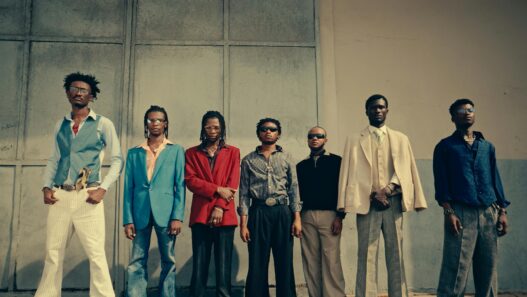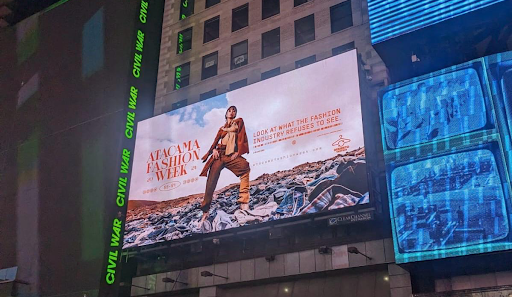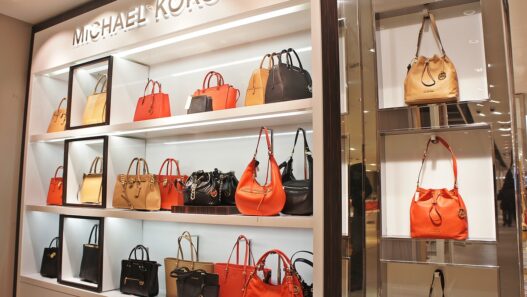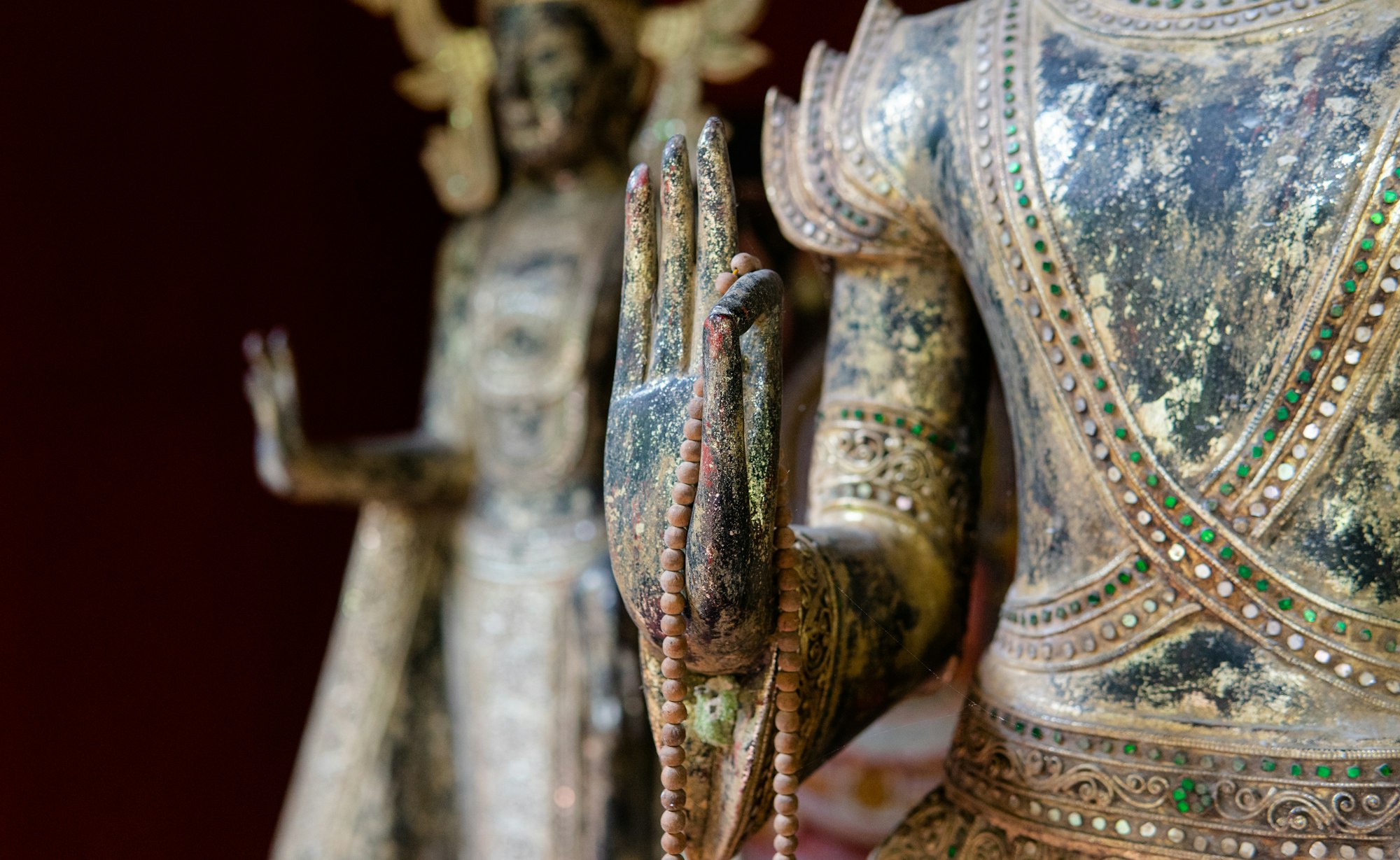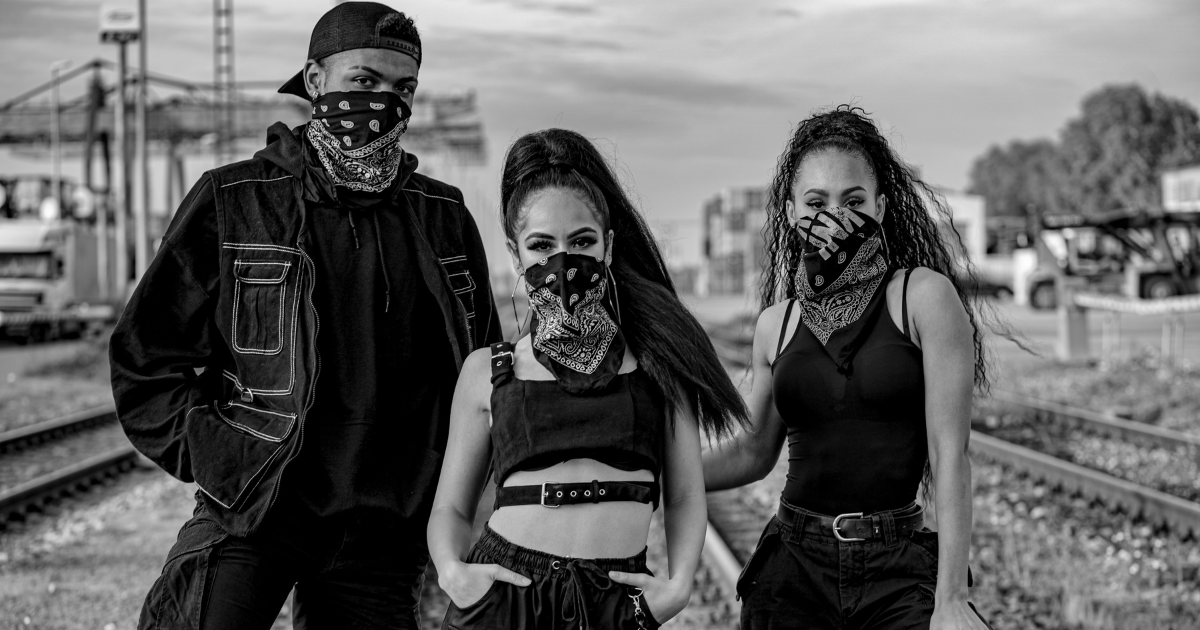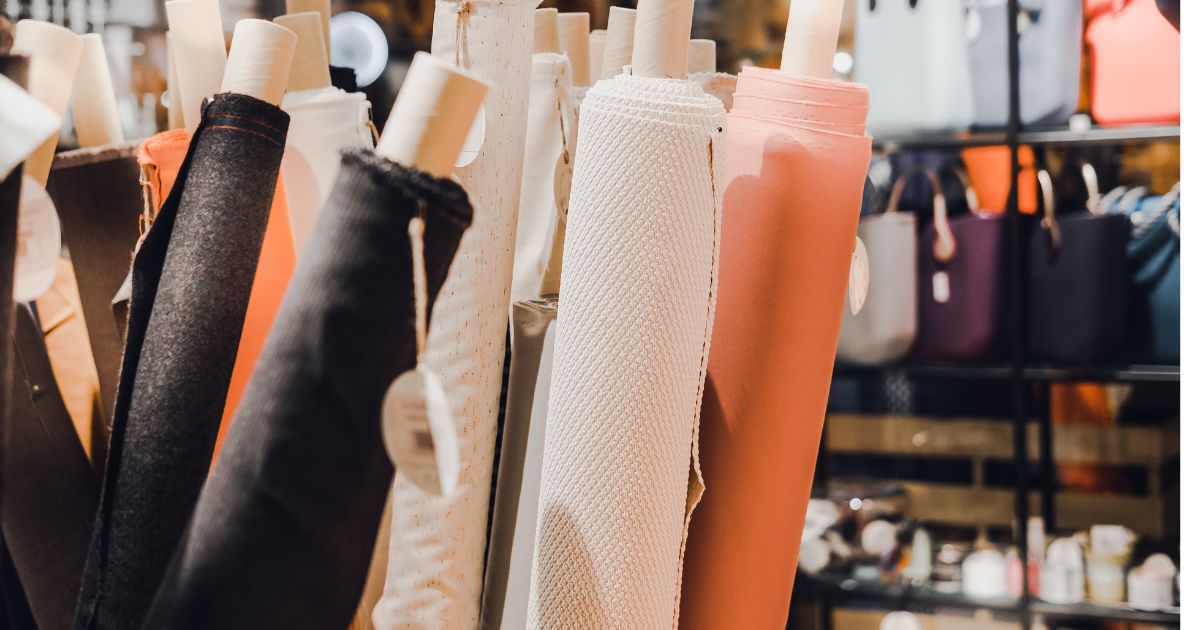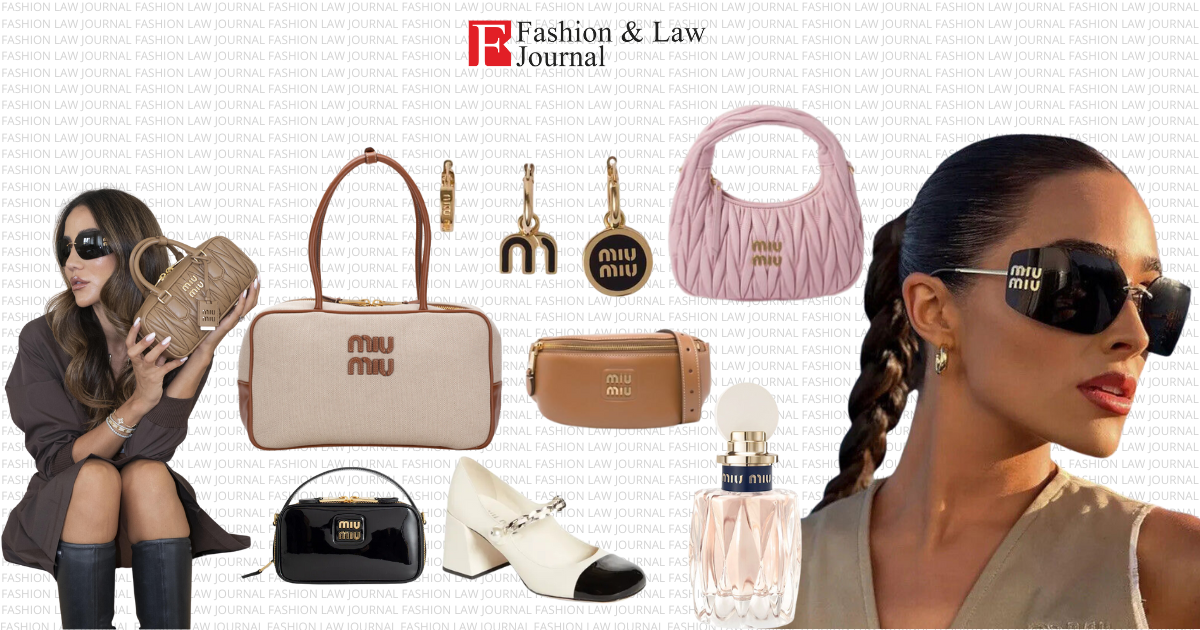Cultural insensitivity is pervasive and destructive. It refers to “behaviours, actions, or remarks that display a lack of respect or consideration for cultural differences, often resulting in harm, offence, or discrimination towards individuals or groups from diverse backgrounds” (Medium, 2023). This entails offensive language, cultural appropriation and microaggressions, amongst a myriad of other behaviours. Its impact includes barriers to inclusion, conflict and tension and psychological harm to individuals and communities.
In recent years, consumers, especially Gen Zs and millennials, have become more cognizant of fashion brands’ diversity and inclusion practices, or lack thereof. It has become an increasingly significant factor in their decision to support brands, resulting in backlash and boycotting of offending brands. Despite the importance of cultural sensitivity to not just consumers, but on promoting and ensuring equality and remaining relevant in today’s increasingly political world, numerous fashion brands have been affronting the values of cultural sensitivity.
Dolce & Gabbana’s “Eating with Chopsticks” commercials were filmed as a promotion to their Shanghai fashion show, and premiered on Weibo, a Chinese social media network. The ads showcased an Asian model attempting to eat Italian food with chopsticks. Although intended to be humorous, the Chinese population called the ads disrespectful, racist and sexist. The ads were pulled and Domenico Dolce and Stefano Gabbana apologised on Weibo. This alone might’ve put the matter to bed, if it hadn’t eventually come out that Gabbana’s apology was inauthentic, rather, he believed there to be no issue with the ad but with the viewers. This had a disastrous impact on Dolce and Gabbana’s reputation- retailers stopped selling their products, and the Shanghai fashion show was ultimately shelved due to models and celebrities distancing themselves from the event. In the chaos, Dolce and Gabbana’s brand value dropped by 20%. Luxury fashion brands’ reliance on reputation means losing in the court of public opinion causes losses in profits.
Real News, Dolce and Gabbana racist advert, English subtitles (pizza, cannoli)
However, this problem is not isolated to luxury brands. Urban Outfitters, a generally accessible brand, has an infamous history of producing offensive clothes. These include a blood splatter shirt referencing the 1970 Kent State shootings, a shirt with a six-pointed badge alluding to the Star of David badge Jewish people were forced to wear during the Holocaust and a dark shirt in a colour named “Obama/Black”. In addition to these obviously insensitive products, Urban Outfitters has also repeatedly profited off black culture without due credit and has a toxic work environment for people of colour. The website sells shirts featuring musicians like Aaliyah and Jimi Hendrix, while having primarily white executives and racially insensitive managers. It may be inferred that the lack of people of colour in executive positions could be a cause for offensive clothing items, as they do not share the experiences and outlooks of people of colour. However, it could also be said that a person of colour is not required to direct the brand to give credit where credit is due and maintain a healthy work environment for all races and ethnicities.

Brands seemingly having won in the court of public opinion are not exempt from facing backlash for cultural insensitivity. Reformation, a Los Angeles brand lauded for being a pioneer in sustainability in the fashion space, were criticised for their internal practices by a black employee. She stated she was denied work promotions, watching them being handed to white colleagues instead. The impact of this was resounding on the brand’s hierarchy. The same weekend a diversity and inclusion board was announced, the founder and CEO, Yael Aflalo, posted an apology video, created an independent investigation into the workplace culture, announced a personal donation of $500,000 and resigned her post as CEO. Reformation was placed under fire regardless of their donations to Black Lives Matter, Reclaim the Block, Black Visions Collective, the NAACP and the ACLU, which were hailed as performative due to the lack of commitment to an inclusive workplace culture.

There has been an uptick in cultural awareness in recent years, which may be linked to instances like these having had their time in the limelight. Fashion brands have, and must continue to, align their values and company practices with social change, much in the same way they keep pace with trends, in order to remain a force in the fashion industry and avoid backlash from their incredibly politically aware consumer base. Inclusivity in the fashion industry seems to be here to stay, and for the best.
Author Name: Natasha Sinha
References:
https://www.theguardian.com/fashion/2020/jun/13/fashion-brands-culture-george-floyd



